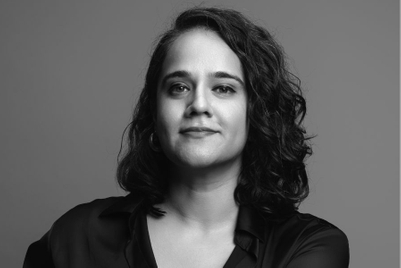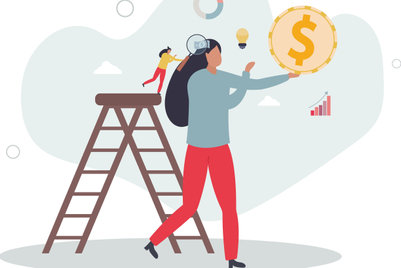Open AI, the developer of ChatGPT, is promising to pay its clients' legal fees in the event that they are sued for copyright infringement, rather than removing copyrighted content from the chatbot's training dataset.
Sam Altman, Open AI’s CEO, made the announcement on Monday at the company’s first ever developer conference held in San Francisco, which attracted roughly 900 developers from around the world.
During a speech at the conference, Altman said: “We can defend our customers and pay the costs incurred if you face legal claims around copyright infringement and this applies both to ChatGPT Enterprise and the API.”
Users of ChatGPT Enterprise, the business tier, and developers using ChatGPT's application programming interface are eligible for the legal costs payment offer, which OpenAI is calling a "Copyright Shield". However, the offer does not extend to users of the free version of ChatGPT or ChatGPT+.
In addition, Altman unveiled the ChatGPT app store, which will go live later this month and allow developers to promote and charge for their unique ChatGPT bots. He also previewed OpenAI's newest model GPT-4 Turbo, which is capable of accepting much longer inputs than previous versions of ChatGPT and has knowledge about the world until April 2023. The company did not disclose when GPT-4 Turbo will exit preview and become commercially available.
Since launching to the public in November 2022, ChatGPT has witnessed exponential growth and now has around 180.5 million users. The website generated 1.5 billion visits in September 2023 alone. However, OpenAI, the makers of ChatGPT, have also been subject to multiple lawsuits over copyright.
In fact, generative AI is turning out to be something of a
minefield for copyright law. Tools like ChatGPT are trained using large collections of text data, such as books, articles, and web pages. With the exception of language that is in the public domain, such as facts, discoveries, or works whose term of copyright protection has expired, the great majority of the material used to train ChatGPT was undoubtedly protected by copyright.
Well-known authors, among them John Grisham, Jonathan Franzen, George Saunders, Jodi Picoult and "Game of Thrones" novelist George R.R. Martin, have sued OpenAI at least three times since its public launch, over the purported use of their copyrighted works in the chatbot's training which produces text in response to users’ prompts.
Reuters
reports that at a court filing in September, a group of authors said that Microsoft-backed OpenAI violated U.S. law by copying their works to train an artificial intelligence system that will "replace the very writings it copied."
"OpenAI is clearly signalling its intent to unilaterally rewrite U.S. copyright law in its favour—starting now," the authors said.
According to OpenAI and other AI defendants, their use of internet-sourced training data meets the requirements for fair use under copyright laws in the United States.




.jpg&h=334&w=500&q=100&v=20250320&c=1)

.jpg&h=334&w=500&q=100&v=20250320&c=1)
+(1).jpg&h=334&w=500&q=100&v=20250320&c=1)

.jpg&h=334&w=500&q=100&v=20250320&c=1)



.jpg&h=334&w=500&q=100&v=20250320&c=1)
.jpg&h=268&w=401&q=100&v=20250320&c=1)


.jpg&h=268&w=401&q=100&v=20250320&c=1)



